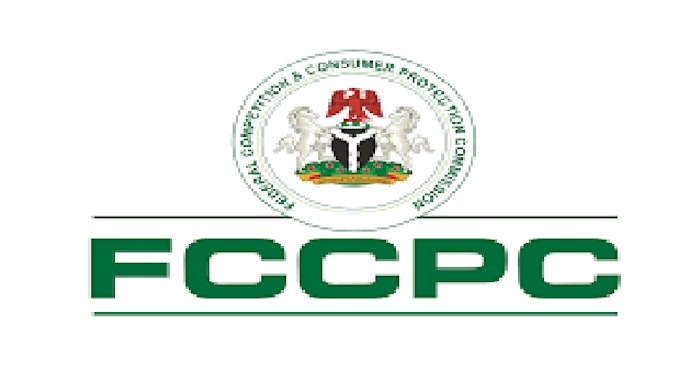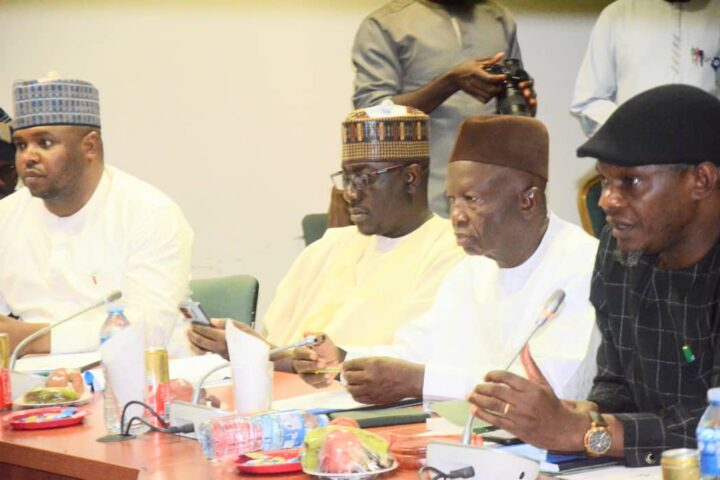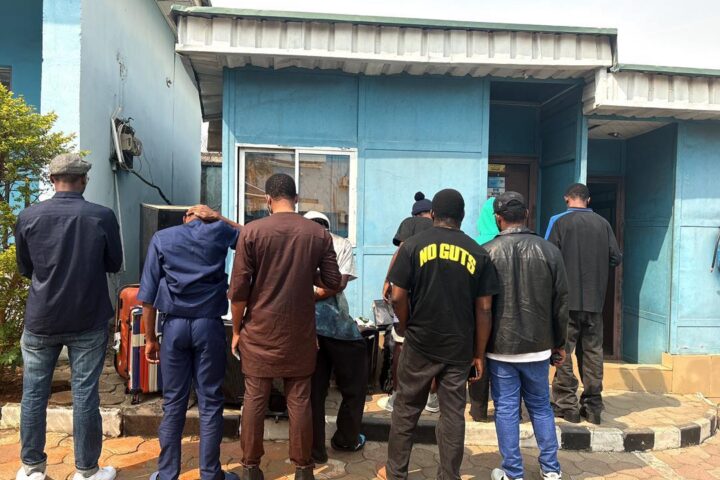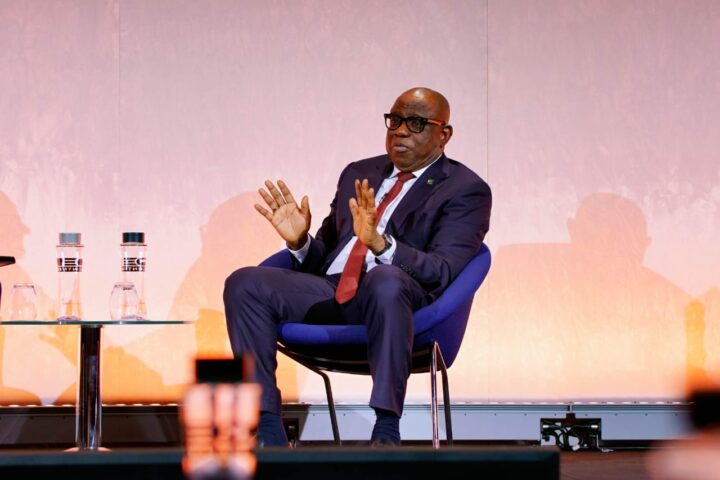Mohammed Shosanya
The Federal Competition and Consumer Protection Commission(FCCPC),has read riot act to market associations, who engage in what he described as “exploitative and unreasonable pricing of consumer goods and services” across the country.
Mr. Tunji Bello, Executive Vice Chairman/Chief Executive Officer,FCCPC,stated this on Thursday in Abuja at the stakeholders meeting on exploitative pricing organised by the agency.
He threatened that the personnel of the Commission would soon begin to crack down on those involved in the profiteering scheme.
He disclosed that the Commission had carried out discreet market surveys extensively across the country in the past few weeks over exploitative pricing of consumer goods, adding that, “Our findings are quite disturbing, to put it mildly.”
He decried the identified patterns of price fixing perpetrated by some market associations, including price gouging, and other anti-consumer practices.
He said: “As you were duly informed in the invitation card, our purpose here today is to address an issue of critical national importance everyone is complaining about.
“Which is the growing trend of unreasonable pricing of consumer goods and services across the country on the one hand; and the unwholesome practice of market associations engaged in price fixing on the other hand.
“This, I am sure you will all agree with me, has eroded consumer trust and is threatening the stability of our economy. As a responsive organisation, let me inform you that we have carried out discreet market surveys extensively across the country in the past few weeks.
“Our findings are quite disturbing, to put it mildly. Therefore, our gathering here today is to underscore the gravity of the situation and urgency of the need that we both work together to check this unwholesome development.
“As a statutory body whose mandate is to cater to consumer rights, we cannot allow this unhealthy trend to continue.To be sure, we quite recognise that an unfavourable exchange rate has negatively impacted the cost of production in local currency.
“However, the margin in pricing of goods and services is rather unreasonable or excessive in not a few cases. We have observed, for instance, that the margin in the prices of imported goods are very disproportionate in many cases; and in the case of locally produced goods, excessively inflated.
“This is an untenable situation, particularly in the retail segment, where we have identified patterns of price fixing perpetrated by some market associations, price gouging, and other anti-consumer practices.
“To illustrate, let me give you some glimpses of our findings. For instance, our check just two days ago at a popular supermarket chain in Texas, United States, revealed that a fruit blender called Ninja is displayed on the shelf at $89 (roughly N140,000).Just two days ago.
“Meanwhile, the same product was displayed at a popular supermarket at Victoria Island in Lagos for N944,999 on the same day and at the same hour.
“This represents more than 500 percent inflation of the cost. Interestingly, when our undercover officer visited the same supermarket two weeks earlier, this same blender was on display with the price tag of N750,000.
“The question then arises: what is the basis for this arbitrary hike in the price of the blender compared to the United States? What business principle can justify this level of profiteering?”
Commenting on the unpleasant discoveries made by the Commission, Bello pointed out that in some notable supermarkets surveyed discreetly in Abuja, Kano, Port Harcout and Lagos, it was discovered that prices were arbitrarily jacked up from time to time without any justifiable reason.
According to him, “In one particular big supermarket in Abuja, for instance, consumers were being charged N2,600 for an imported toilet soap at the payment point as the price tag was not displayed as earlier mandated by FCCPC.
“The same toilet soap was displayed for sale at N1,950 at a popular supermarket in Lekki, Lagos the same day. That already constitutes a double offense. From our findings, the penchant to hike prices arbitrarily is also common among sellers of food items and transport operators.
“When the foodstuff sellers were engaged, their common response was that the cost of transportation had increased. But how justifiable is it for the tomato seller to double the price of a basket of tomatoes simply because they paid higher transport fare?
“Whereas the price of the same basket of tomatoes was far cheaper at another market within the same jurisdiction surveyed by our field officers. Now, the question: did the seller who sold at a lower price not also pay transport fare?”
He warned that exploitative price fixing is no longer acceptable, adding that FCCPC would henceforth crack down on those involved in this profiteering scheme.
“Price gouging and price fixing are not only unethical, but patently illegal under the FCCPA. Section 17 of the Act empowers the Commission to eliminate anti-competitive practices, misleading, unfair, deceptive, or unconscionable marketing, trading, and business practices.
“As such, the FCCPC has the will and the capacity to invoke the full weight of the law against those found culpable of exploiting consumers for undue profit. Under Section 155, violators whether individuals or corporate entities face severe penalties, including substantial fines and Imprisonment, if found guilty by the court.
“This is intended to deter all parties involved in such illicit activities.
He affirmed that this new initiative by the FCCPC aligns with the Renewed Hope Agenda of President Bola Tinubu, which prioritises the welfare of the Nigerian people in all economic activities,adding that “We are determined to uphold this agenda by ensuring that market practices do not exacerbate the economic challenges faced by our citizens at this time.”
In an interactive session, Mr. Ifeanyi Okonkwo, Vice Chairman,National Association of Nigeria Traders, accused government of causing the hike in the prices of goods and services, saying that “government says one thing and does another.”
He explained that even items imported, the personnel of the Nigerian Customs Service would take exorbitant charges from the importers as well as policemen in various check points across the country.
Okonwo identified soaring transport fare and insecurity plaguing the country as other factors responsible for high cost of food items in the markets.

















